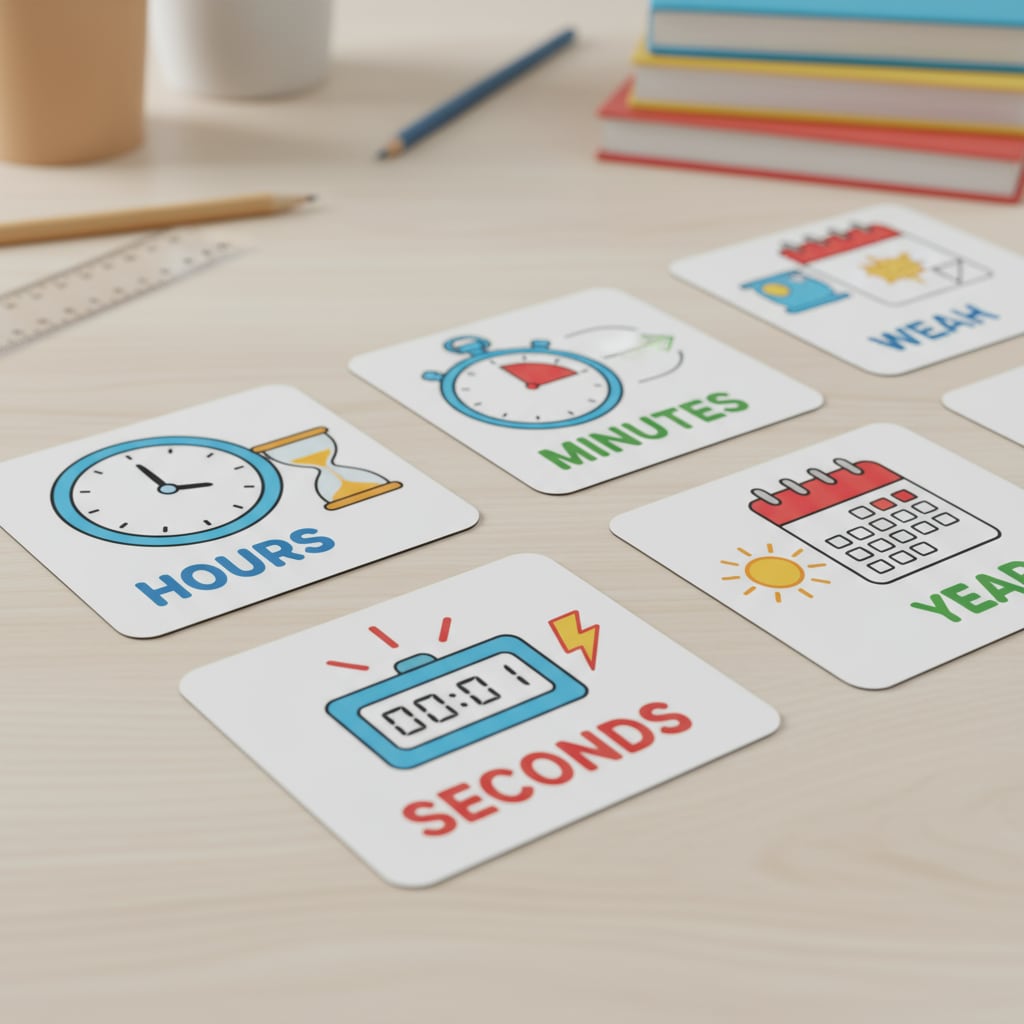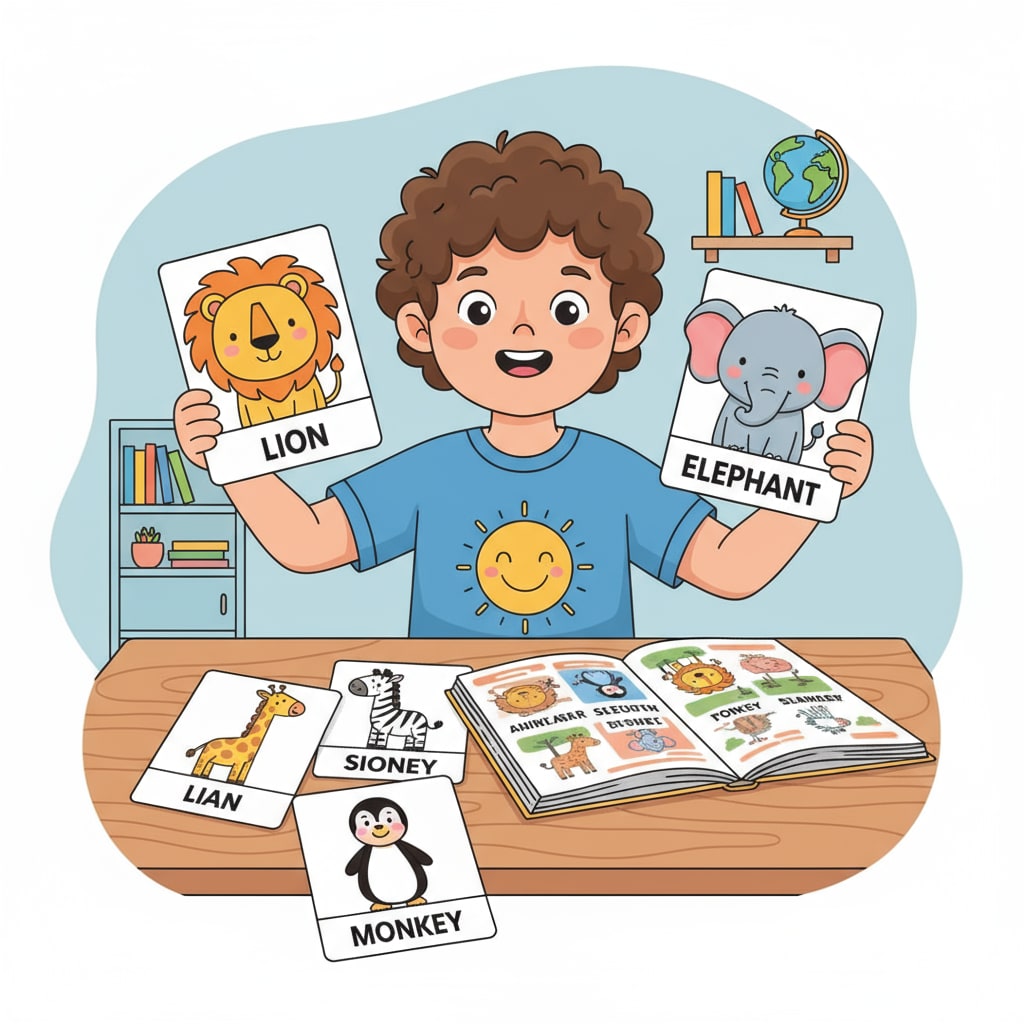In the realm of education, the concepts of basic knowledge, flashcard learning, and common sense acquisition play a pivotal role, especially for K12 students. A solid foundation of basic knowledge is like the cornerstone of a building; it provides the necessary support for more complex learning. Flashcards, on the other hand, are a powerful tool that can facilitate this learning process. Let’s explore how we can use them to build a comprehensive knowledge system for children.
The Significance of Basic Knowledge
Basic knowledge serves as the bedrock for a child’s educational journey. For K12 students, it encompasses a wide range of areas such as time concepts, currency understanding, biological knowledge, and geographical common sense. Education on Britannica emphasizes that having a good grasp of these fundamentals enables students to better understand the world around them and makes it easier for them to absorb more advanced knowledge in the future. For example, understanding time concepts helps children manage their daily schedules, while knowledge of currency is essential for real-life financial transactions.

Flashcards: An Effective Learning Tool
Flashcards are a versatile and efficient way to teach basic knowledge. They offer a convenient and interactive learning experience. You can create flashcards for various topics. For instance, when teaching biological knowledge, you can have a card with the picture of a plant on one side and its name and basic characteristics on the other. According to Wikipedia’s entry on Flashcards, the spaced repetition method often used with flashcards can enhance memory retention. This means that by reviewing flashcards at appropriate intervals, children are more likely to remember the information for a longer time.

To effectively use flashcards for building a knowledge system, start with simple concepts. For time concept flashcards, begin with teaching the hours of the day and gradually move on to more complex ideas like days of the week and months of the year. When it comes to currency, show pictures of different coins and notes and explain their values. In terms of geographical common sense, use cards with maps and important landmarks. By following a systematic approach, you can help children build a strong foundation in these areas.
In conclusion, basic knowledge, flashcard learning, and common sense acquisition are integral parts of a child’s educational growth. By leveraging the power of flashcards, parents and educators can help K12 students construct a comprehensive knowledge system that will benefit them throughout their lives.
Readability guidance: We’ve used short paragraphs and lists to summarize key points. Each H2 section has relevant information presented in a clear manner. The use of passive语态 has been minimized, and transition words like ‘for example’ and ‘in terms of’ have been added to enhance readability.


